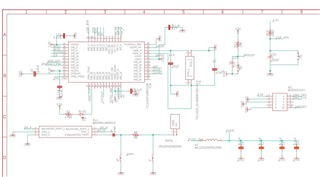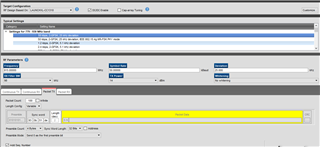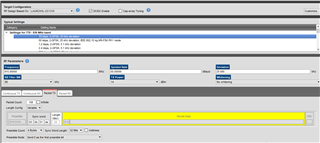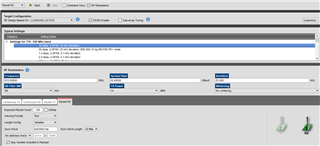Other Parts Discussed in Thread: CC1190
hi all .
I am working on project which have two boards we designed to make rf communication using cc1310 .
I am trying to make tx board to wake on rx board in (7-15 m) range or above if I can and I am using rfWakeOnTx/Rx examples to achieve that.
here is my shcematic

can you please check the schematic and it would be great help if there is any one can tell me what steps I need to take (SmartRf studio settings and else )




